The White House on Monday wrote to CNN's Jim Acosta to inform him that they would be reinstating his "hard pass" to grant him access to the White House press events, and also indicated that it would impose four new rules on all White House correspondents.
"Having received a formal reply from your counsel to our letter of November 16, we have made a final determination in this process: your hard pass is restored," the White House wrote to Acosta. "Should you refuse to follow these rules in the future, we will take action in accordance with the rules set forth above. The President is aware of this decision and concurs."
A federal judge issued a temporary restraining order against the administration on Friday, forcing the White House to reinstate Acosta's hard press pass.
In their threatening letter to Acosta, the White House laid out restrictive new regulations to limit journalists' ability to question the administration.
The guidelines are a warning to reporters that if they start asking questions the administration does not like, or if more than one question is asked at a time, reporters could have their press passes revoked.
The new rules are as follows:
- "A journalist called upon to ask a question will ask a single question and then will yield the floor to other journalists"
- "At the discretion of the president or other White House taking questions, a follow-up question or questions may be permitted; and where a follow-up has been allowed and asked, the questioner will then yield the floor"
- "'Yielding the floor' includes, when applicable, physically surrendering the microphone to White House staff for use by the next questioner"
- "Failure to abide by any of these rules (1)-(3) may result in suspension or revocation of the journalist's hard pass"
In a follow-up statement, White House Press Secretary Sarah Huckabee Sanders cautioned that further restrictions may be implemented if journalists don't fall in line, but emphasized that President Donald Trump supports the First Amendment which guarantees a free press.
"The White House's interaction with the press is, and generally should be, subject to a natural give-and-take," Sanders said. "President Trump believes strongly in the First Amendment, and a free press and is the most accessible President in modern history. It would be a great loss for all if, instead of relying on the professionalism of White House journalists, we were compelled to devise a lengthy and detailed code of conduct for White House events."
Journalists are not pleased about being stifled.
People understandably have questions.
In an interview with Chris Wallace of Fox News on Sunday, Trump doubled-down on his dislike for Acosta and that the White House would "create rules and regulations for conduct" to curtail pushy reporters.
"If he misbehaves," Trump said of Acosta, "we'll throw him out or we'll stop the news conference."
Twitter exploded with concerns that Trump and his White House are inching toward dictatorship by trying to limit their engagement with reporters.
People are urging journalists to band together and stand up for freedom of the press.
During a trip to California to tour wildfire damage on Saturday, Trump said journalists need to behave or else he may just stop talking to them altogether.
"People have to behave," Trump groaned, adding, "we're writing up rules and regulations to make our position." He continued: "And if they don't listen to the rules and regulations, we'll end up back in court and we'll win. But more importantly, we'll just leave, and then you won't be very happy."

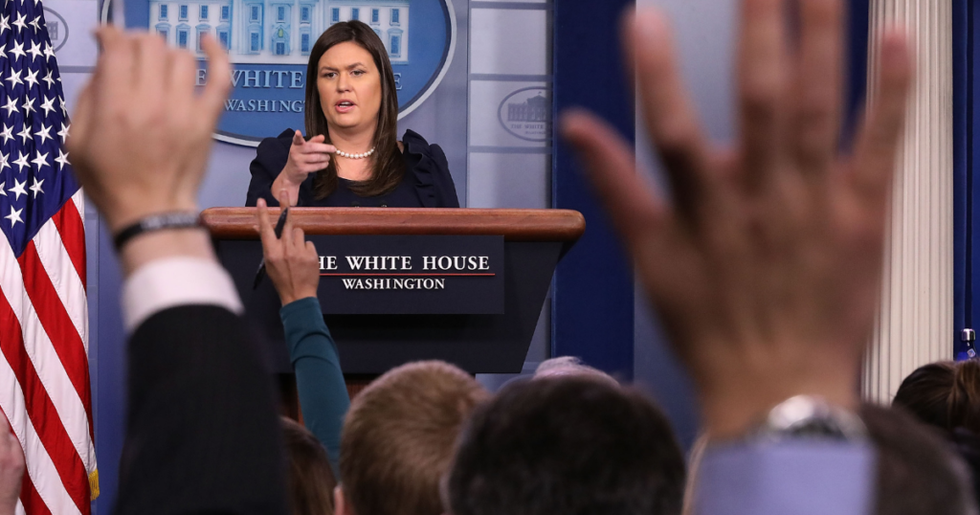
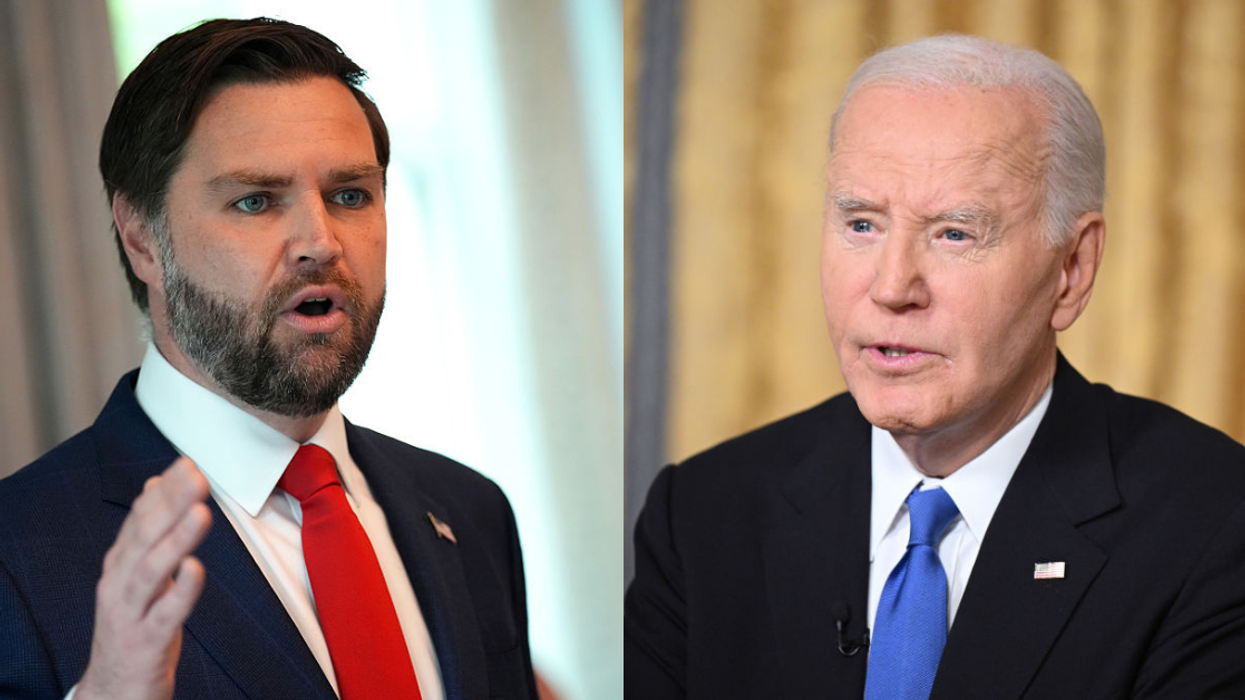
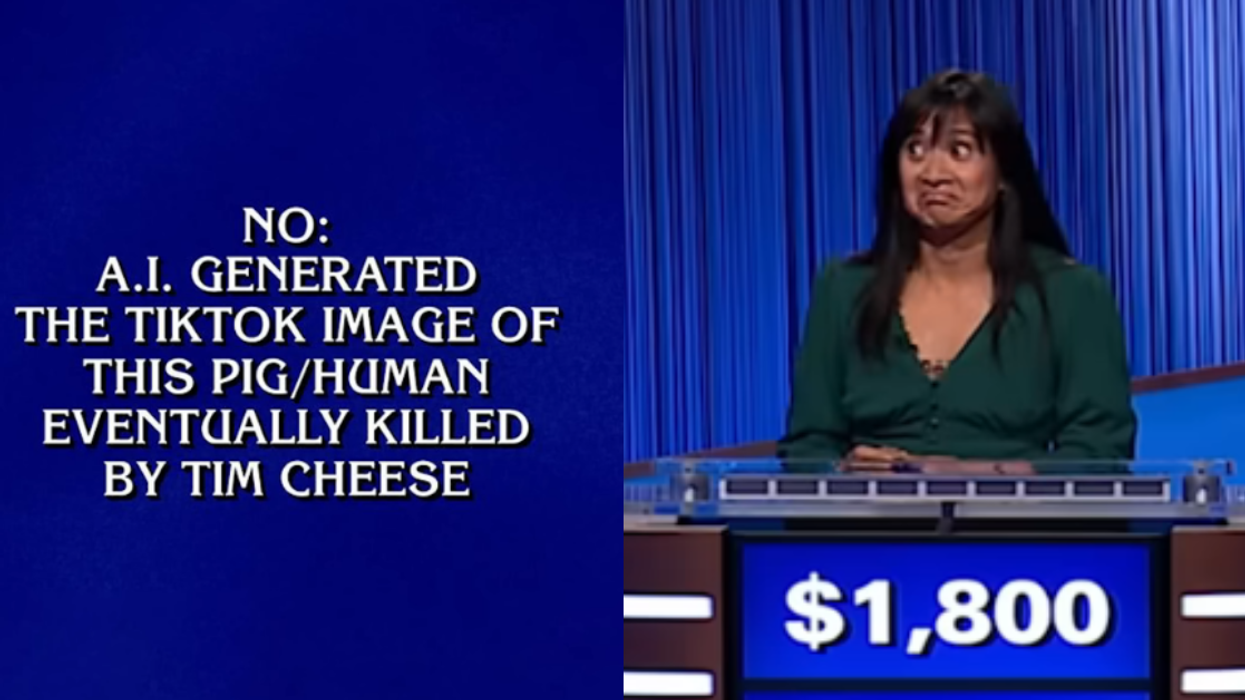
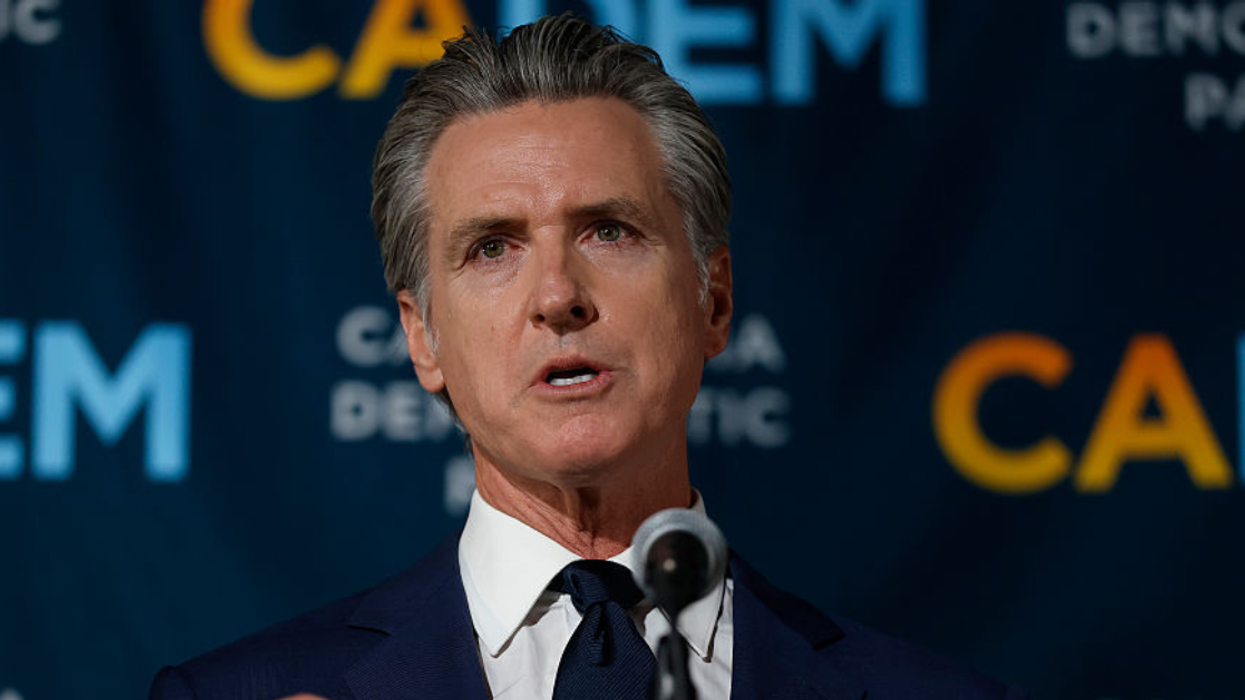
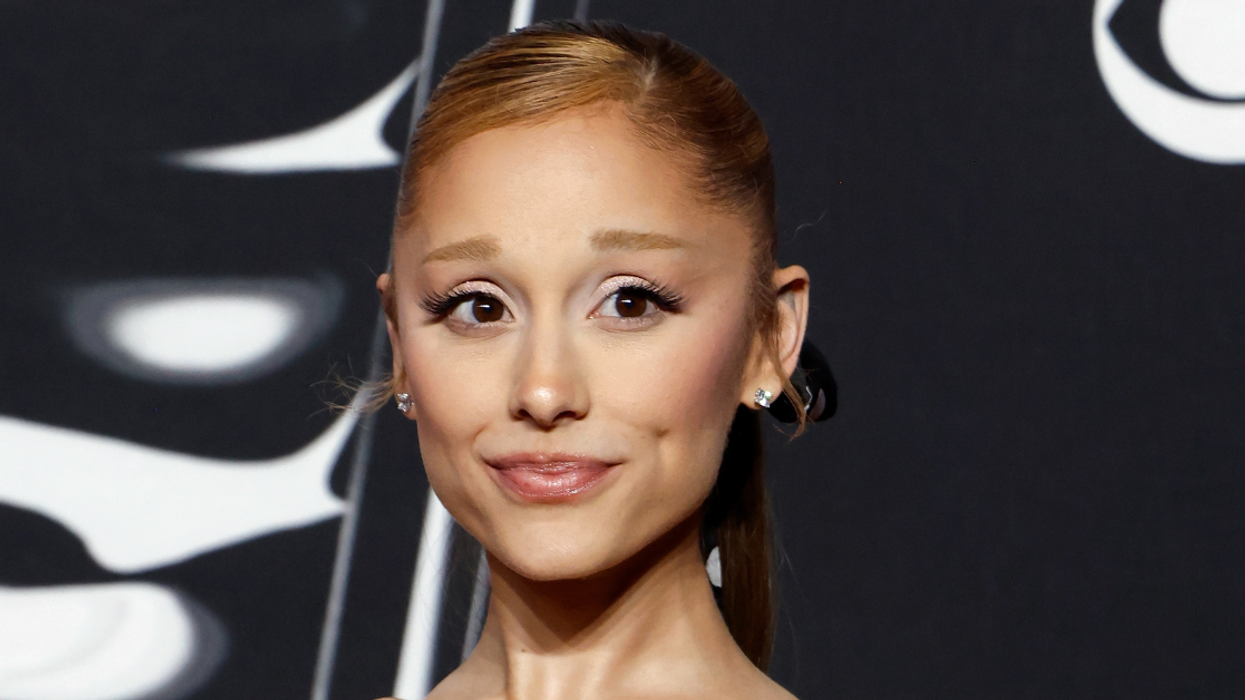

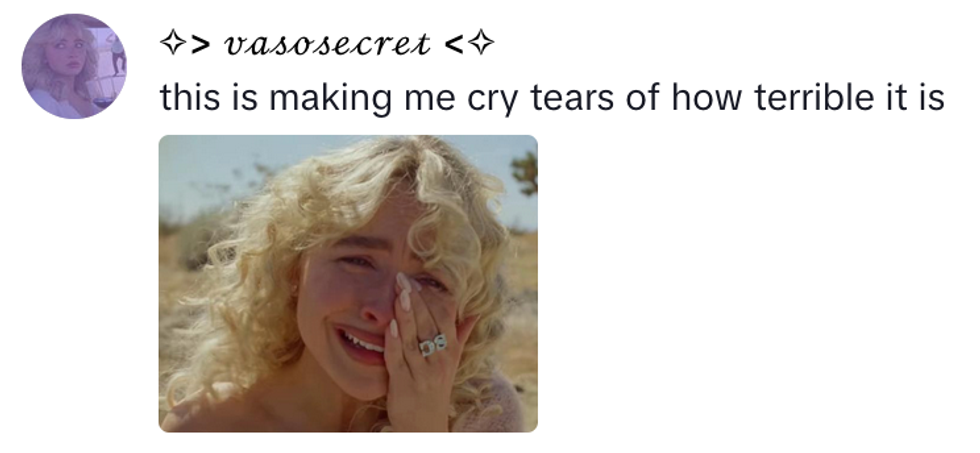 vasosecret/TikTok
vasosecret/TikTok
 dontlookatmedoll156/TikTok
dontlookatmedoll156/TikTok alyssa.b345/TikTok
alyssa.b345/TikTok EllieBelly/TikTok
EllieBelly/TikTok Shelby Daniel/TikTok
Shelby Daniel/TikTok J/TikTok
J/TikTok indigo1009/TikTok
indigo1009/TikTok Kam/TikTok
Kam/TikTok



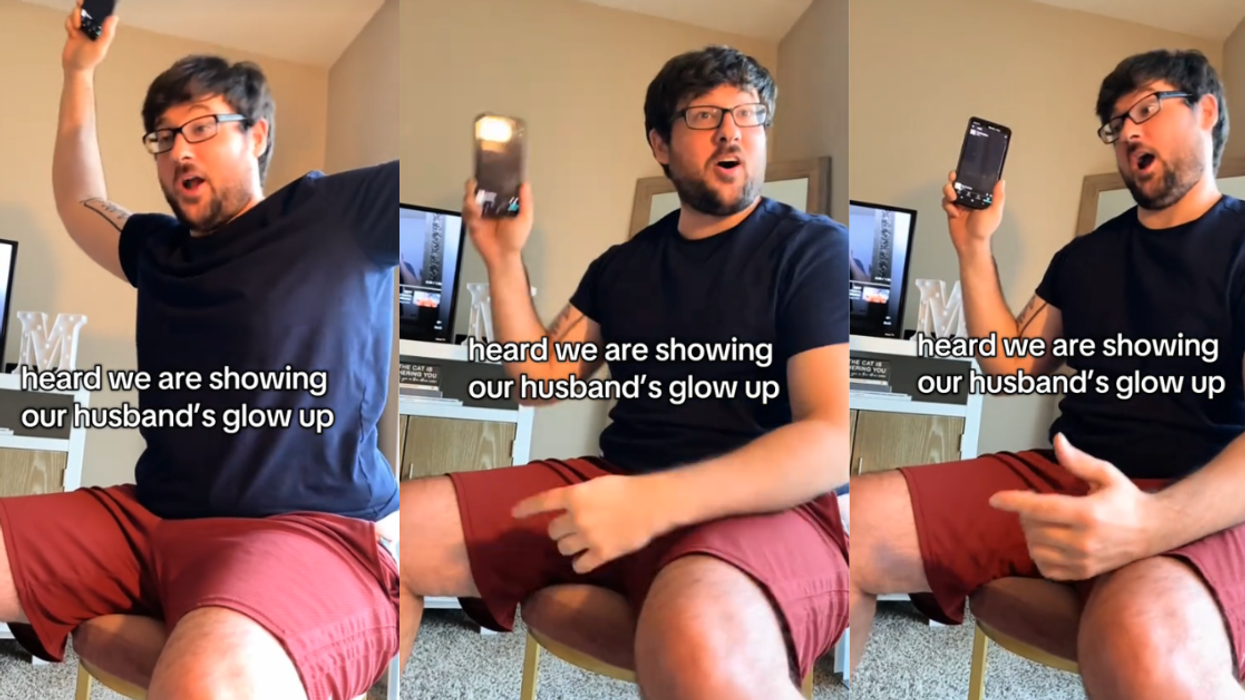
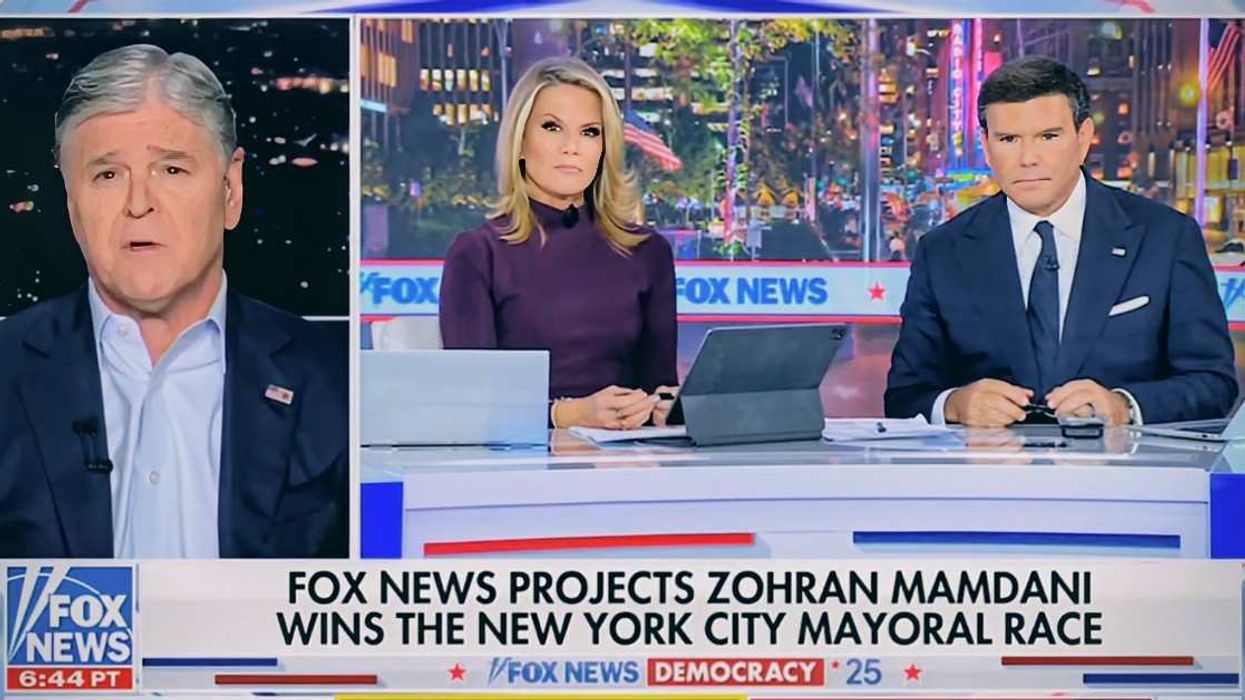
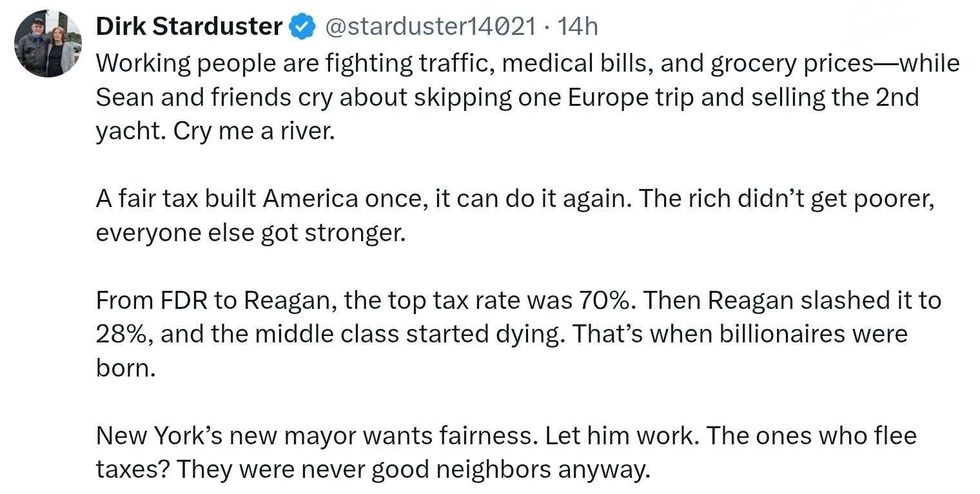 @starduster14021/X
@starduster14021/X r/TheMajorityReport/Reddit
r/TheMajorityReport/Reddit r/TheMajorityReport/Reddit
r/TheMajorityReport/Reddit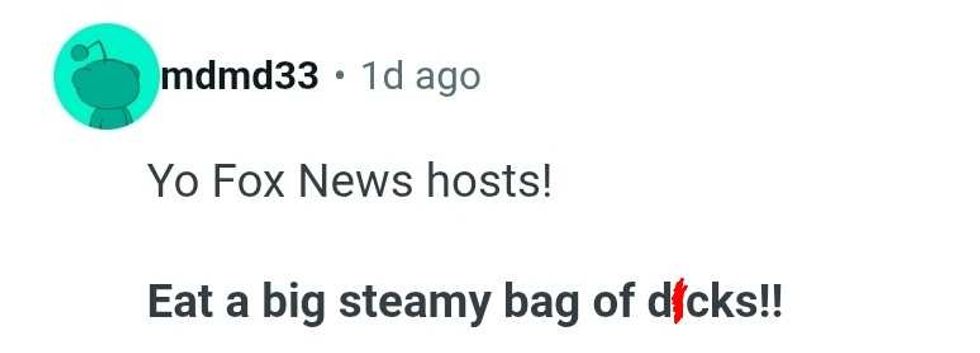 r/TheMajorityReport/Reddit
r/TheMajorityReport/Reddit r/TheMajorityReport/Reddit
r/TheMajorityReport/Reddit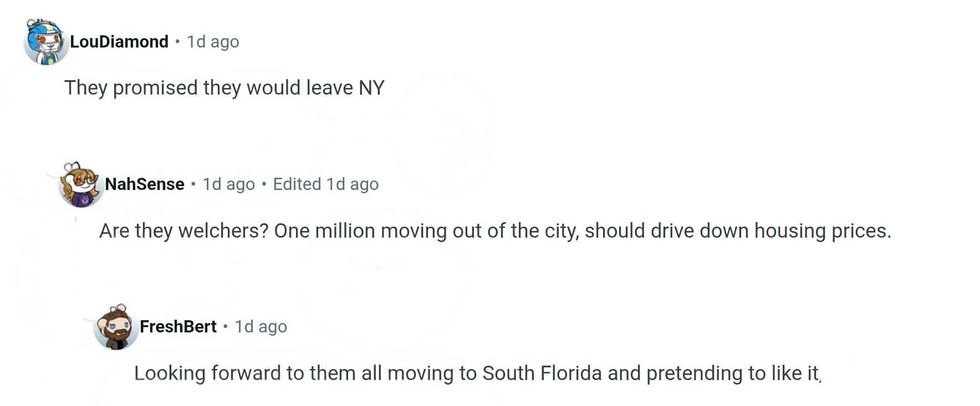 r/TheMajorityReport/Reddit
r/TheMajorityReport/Reddit r/TheMajorityReport/Reddit
r/TheMajorityReport/Reddit @sciencexspirit/Bluesky
@sciencexspirit/Bluesky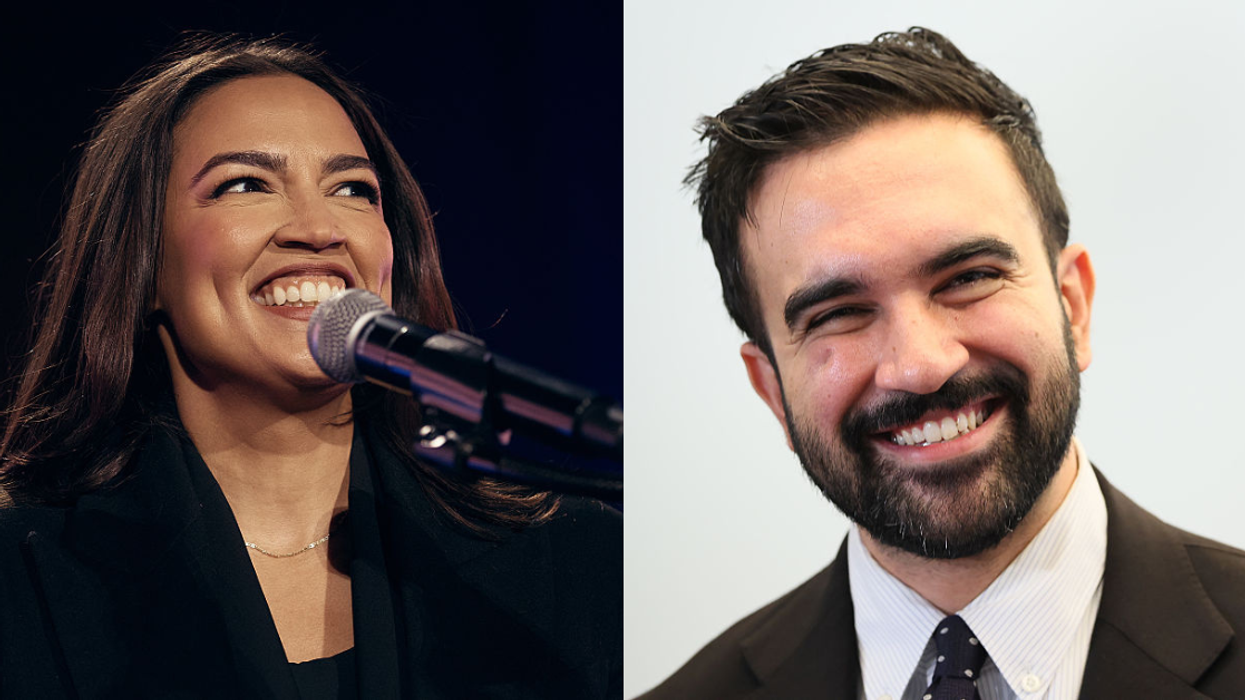
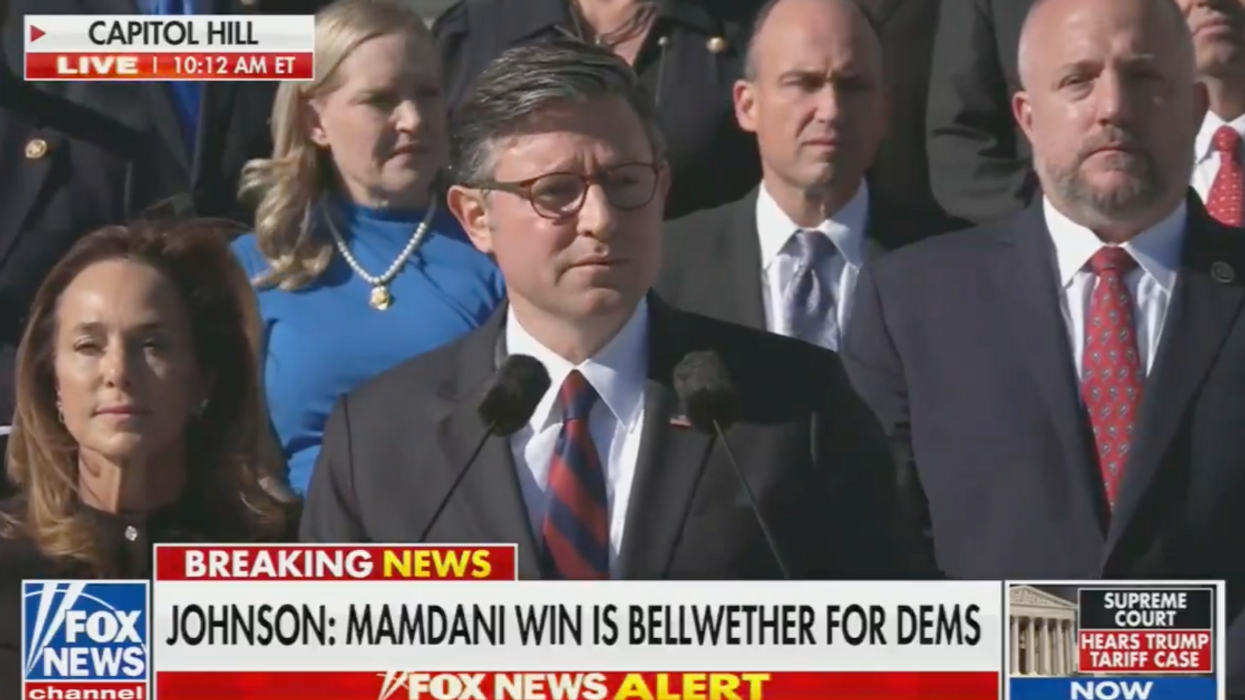
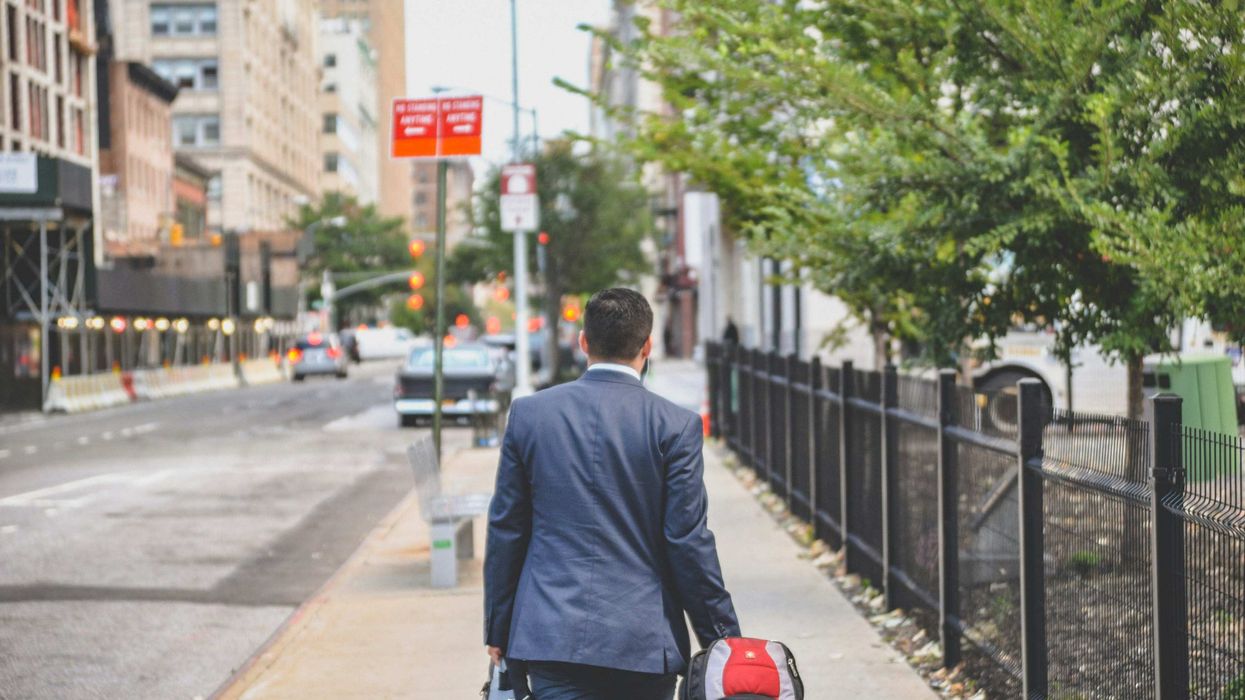
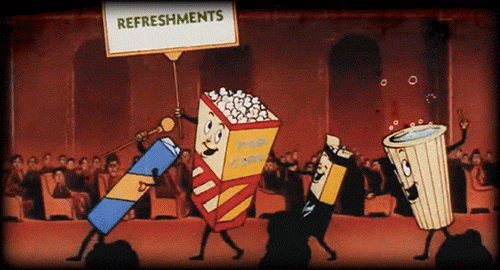 90s popcorn GIF
90s popcorn GIF 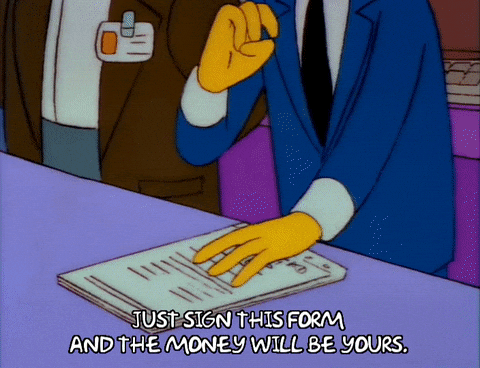 signing season 3 GIF
signing season 3 GIF  home alone pepsi GIF
home alone pepsi GIF  Machine Production GIF by Finder Relais Nederland
Machine Production GIF by Finder Relais Nederland 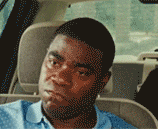 No No No GIF
No No No GIF